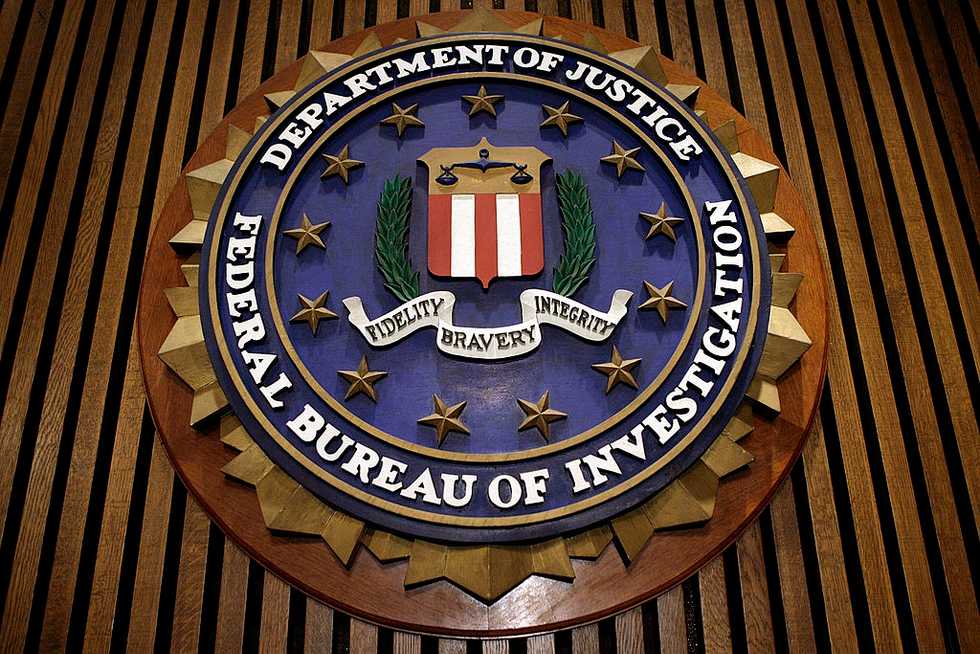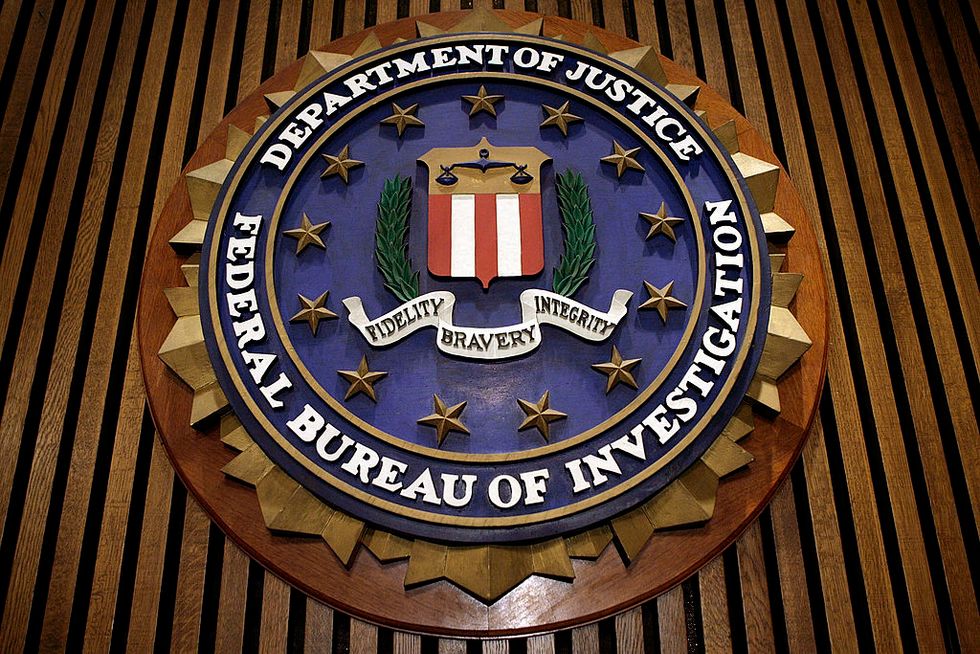
The seal of the F.B.I. hangs in the Flag Room at the bureau's headquaters March 9, 2007 in Washington, DC. (Chip Somodevilla/Getty Images)

WASHINGTON (AP) -- Civil liberties groups are criticizing an FBI proposal that they say would make it harder for people to know if personal information about them such as fingerprints and iris scans is on file.
The FBI is proposing to exempt a large identification database from certain provisions of the federal Privacy Act, a law that, among other things, lets individuals sue to see what information the government keeps on them.

That database, known as the Next Generation Identification system, contains a wealth of biometric data such as fingerprints, palm prints, photographs and iris scans. It holds photographs submitted by law enforcement agencies but also millions of fingerprints of Americans who have undergone background checks.
The proposed Privacy Act exemption is needed "to prevent interference with the FBI's mission to detect, deter and prosecute crimes and to protect the national security," according to a Justice Department notice that appeared recently in the Federal Register. FBI and Justice Department officials noted this week that law enforcement agencies may claim exemptions for records "compiled for the purpose of identifying criminals and for conducting criminal investigations."
They also said in a statement: "The Department of Justice and the FBI take very seriously their strict compliance with the Constitution, all federal laws including the Privacy Act, and their own policies regarding the free exercise of constitutional rights."
The public has an opportunity to object to the proposed rule change.
Among the groups challenging the proposal is the American Civil Liberties Union, which says the change would make it harder for people to know whether the government maintains information on them and whether that information contains errors.
Neema Singh Guliani, ACLU legislative counsel, said in a statement that it was disturbing that the FBI has been collecting biometric information "without adequate privacy protections."
"But, now they want to strip away the basic right of these individuals to find out whether their information has been stored, shared or contains errors. The FBI should abandon this misguided proposal, and instead focus on providing greater transparency and accountability into its current practices," she said.